Editor's note: A xiaokang society, or a moderately prosperous society, has been the dream of Chinese people for thousands of years. Our reporters travel around Yunnan province to cover the arduous efforts being made in order to realize the dream. 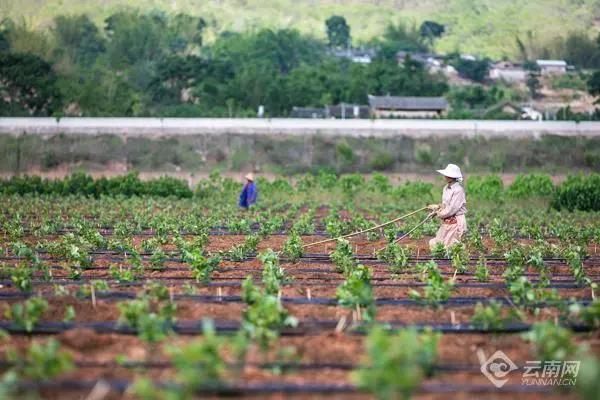
On June 19, hundreds of villagers were planting blueberries at a plantation in the Zheji village, southwest Yunnan’s Jingdong Yi Autonomous County, presenting a busy scene. Endowed with lucid waters and lush mountains, Jingdong County is located where the two national nature reserves of the Wuliang Mountain and the Ailao Mountain meet each other. 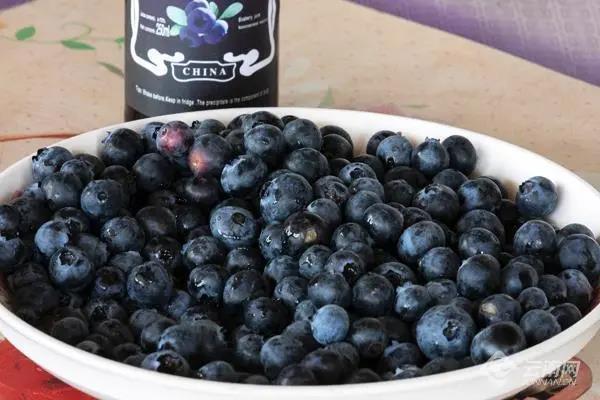
"We use the water from Mt. Wuliang to irrigate the blueberry land and the main fertilizer is the pine needles," Zhu Hong, deputy general manager of the Yunlan Blueberry Company. By 2023, the blueberry acreage in Jingdong will exceed 10,000 mu (around 666 hectares), and the annual berry output will reach 20,000 tons. Embracing the philosophy of “lucid waters and lush mountains are invaluable assets,” Jingdong County has focused on green development in poverty alleviation and rural vitalization. Green development People in Jingdong County have a tradition of protecting the ecology and caring for the environment. 
Back to 2014, Jingdong was the first county to implement the green-economy evaluation system in Yunnan. Among the system’s 7 major indicators, green development, sound resource utilization, and ecological benefits are highlighted. In 2019, the county paid 39.19 million yuan to local villagers who turned their farmland into forests. Of the money, 17 million yuan was paid to 19,110 households with extreme poverty. 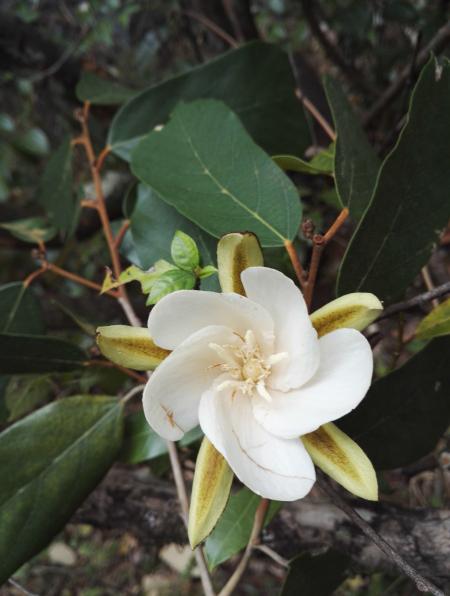
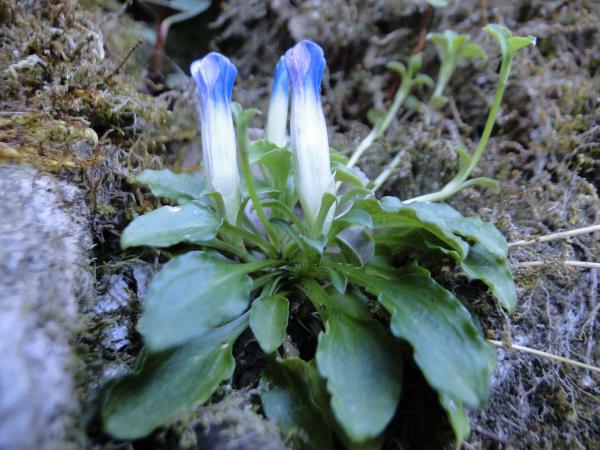
Pu Shiqing, a 60-year-old villager from Linjie Township, said a sound ecology is good for everyone. Pu added his village has turned to the tea industry in poverty alleviation, and leaves from ancient tea trees are sold at a price of 500 to 600 yuan per kilogram. Data show forest coverage in Jingdong has reached 71.39%, making it the first Chinese county listed on the initiative of “The Economics of Ecosystems and Biodiversity (TEEB)”. Eco-friendly industries In the Wenguang village, Jingdong Yi Autonomous County, Wei Daming is an experienced hand in sericulture. Growing 13 acres of mulberry trees, his family earned a net income of 60,000 yuan from sericulture last year. 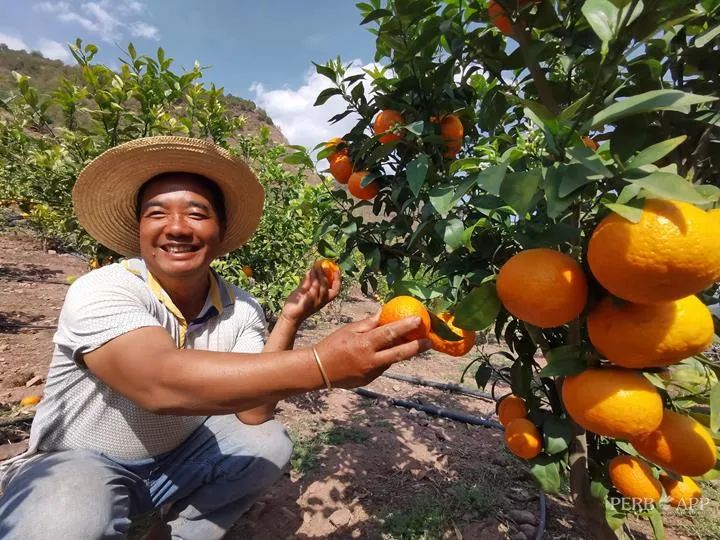
Luo Zhongfa, director of Wenguang Village, said 110 hectares of mulberry trees are planted in the village, bringing in an annual income of over 7 million yuan. "Besides sericulture, we also grow walnuts, tea, tobacco, fruits and mushrooms, breeding livestock and poultry in poverty alleviation,” said Hu Qiwu, head of Jingdong County. 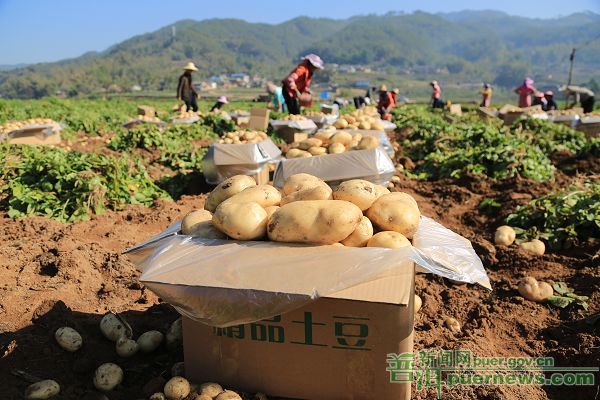
In the Wangjiacun village, growing fragrant fungi has brought an income of more than 2 million yuan to the villagers. The fungi project is backed by east China’s Zhejiang University, and locals are trying to forge an industrial chain for mushroom growing, processing, and marketing. Beautiful environment Originating from the boundless Wuliang Mountain, the Guri River is a major water system in Jingdong. To keep its waters clear and lucid, 437 villagers from 7 villages along the river have made joint efforts this year, finishing 19 clean-ups for the river and its surroundings. 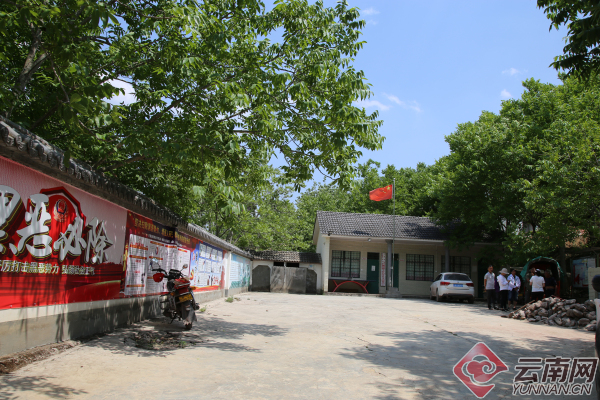
Entering the Wenlu village in Wenlong Town, visitors were impressed by new homes with white walls and blue tiles. All households are linked up by clean roads. And the rural vitalization in Wenlong has boosted villagers’ confidence in poverty alleviation and for a better life. In 2019, the per capita disposable income of rural residents in Jingdong County was 11,942 yuan, with 62,404 villagers lifted out of poverty. Together with its 110 villages, Jingdong Count was removed from the impoverished list. 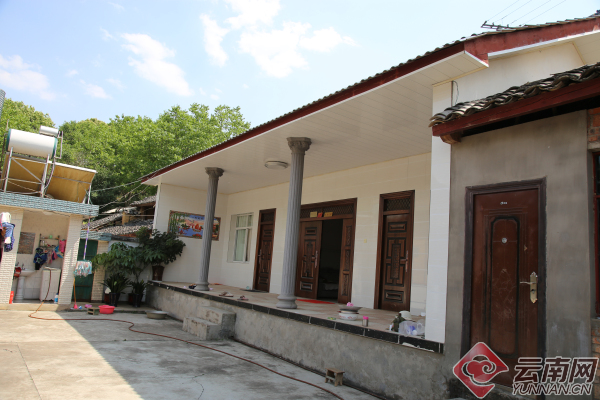
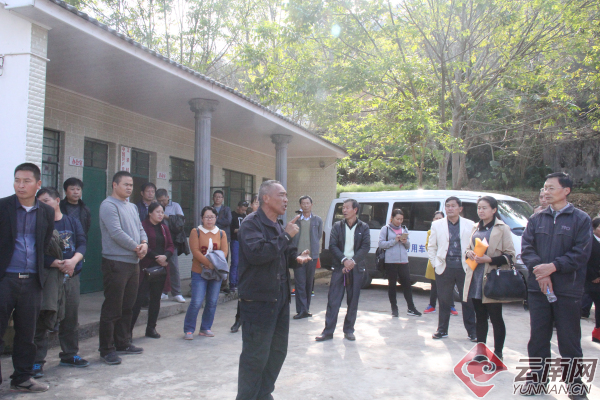
Sticking to green development for a brighter future, Jingdong is marching toward the "Xiaokang" dream. Reporting by Chai Hongbiao, Li Hanyong, Le Zhiwei and Lv Zhongxian; trans-editing by Wang Shixue and Yuan Yingcen
|















7740f3b5-9ecb-438e-9052-76cb2d4bb671.jpg)

